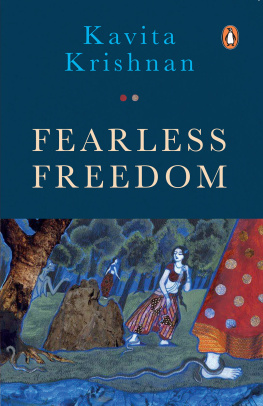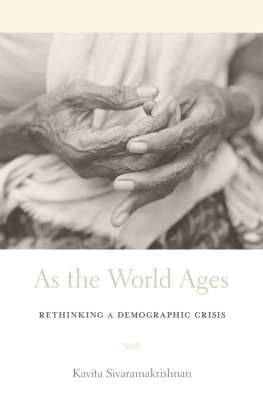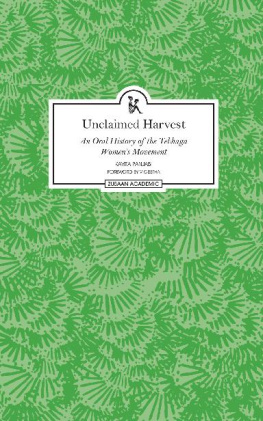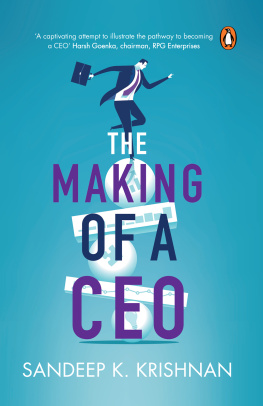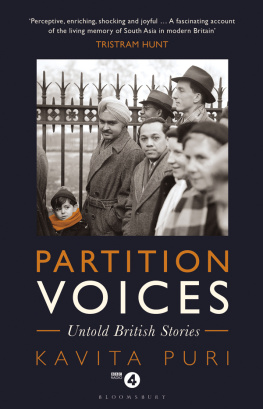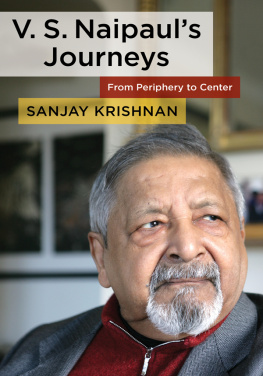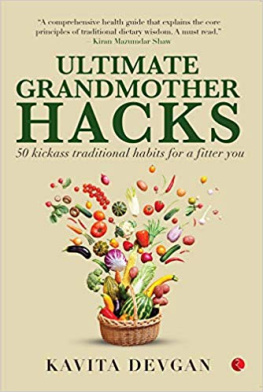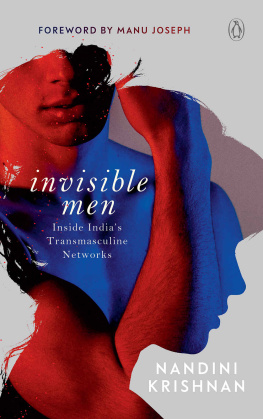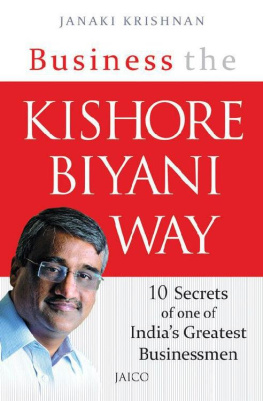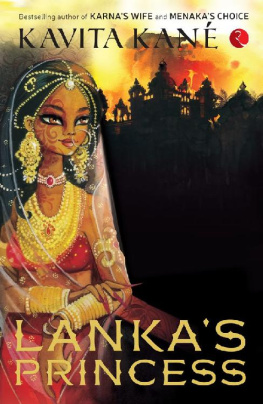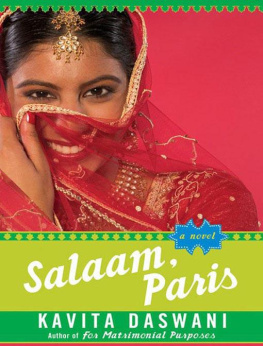Kavita Krishnan - Fearless Freedom
Here you can read online Kavita Krishnan - Fearless Freedom full text of the book (entire story) in english for free. Download pdf and epub, get meaning, cover and reviews about this ebook. year: 2020, publisher: Penguin Random House India Private Limited, genre: Home and family. Description of the work, (preface) as well as reviews are available. Best literature library LitArk.com created for fans of good reading and offers a wide selection of genres:
Romance novel
Science fiction
Adventure
Detective
Science
History
Home and family
Prose
Art
Politics
Computer
Non-fiction
Religion
Business
Children
Humor
Choose a favorite category and find really read worthwhile books. Enjoy immersion in the world of imagination, feel the emotions of the characters or learn something new for yourself, make an fascinating discovery.
- Book:Fearless Freedom
- Author:
- Publisher:Penguin Random House India Private Limited
- Genre:
- Year:2020
- Rating:4 / 5
- Favourites:Add to favourites
- Your mark:
- 80
- 1
- 2
- 3
- 4
- 5
Fearless Freedom: summary, description and annotation
We offer to read an annotation, description, summary or preface (depends on what the author of the book "Fearless Freedom" wrote himself). If you haven't found the necessary information about the book — write in the comments, we will try to find it.
Fearless Freedom — read online for free the complete book (whole text) full work
Below is the text of the book, divided by pages. System saving the place of the last page read, allows you to conveniently read the book "Fearless Freedom" online for free, without having to search again every time where you left off. Put a bookmark, and you can go to the page where you finished reading at any time.
Font size:
Interval:
Bookmark:



FREEDOM

PENGUIN BOOKS

PENGUIN BOOKS
Kavita Krishnan is a communist feminist activist. She is a politburo member of the CPI(ML) Liberation, and secretary of the All India Progressive Womens Association (AIPWA).
A book that serves up a whopper dose of truth, in an eminently readable style. Uncompromisingly feminist, what this book says about India, women, violence, control and autonomyin private, pubic, social and political spaceswill touch a nerve in everyone. It walks the reader through real stories that made headlines, exposing the social subterfuge that masquerades as conventional wisdom, to tell us why, for our collective futures, there is no choice but to radically transform the way society understands womens freedomFarah Naqvi, gender and minority rights activist and author
Kavita Krishnan gives us a chilling, unflinching account of what it means to be a woman in India. Through numerous stories of violence against women and the unbridled courage with which they continue to resist and fight back, Kavita analyses the ugly social norms that masquerade as culture. If this book does not force us to reimagine our oppressive patriarchal society, nothing willT.M. Krishna, author and social reform activist
Like her essays and speeches, Kavita Krishnans book is steeped in compassion and courage, bolstered by extensive research. Even when you disagree with her, you cannot doubt her commitment to her words. Fearless Freedom is a timely reminder that all oppressive systems feed off each other, and especially off the subjugation of women. It is a sharp, passionately argued critique of patriarchy in contemporary India, written in an easily readable styleAnna M.M. Vetticad, Indian journalist and film critic
For Daddy
How I wish you could hold this book in your hands
In October 2017, when women students at the Banaras Hindu University (BHU) demanded safety and freedom from the discriminatory rules that apply to the womens hostel, the then vice chancellor, Girish Chandra Tripathi, said that, after all, it was girls who got raped, not boys, and so girls require more security than boys. By demanding freedom to roam, he said, girls first put themselves in danger and then start complaining. Tripathi knew his framing of the issue would resonate with the widely held common sense in India, which accepts the notion that it is more important for women to be safe than to be free; and that freedom invites danger. If you want to be safe, why do you demand freedom? is a familiar question faced by Indian women.
What Tripathi underestimated, however, is the determination of young women students of BHU, and women all over India, whose movements have been striving to create a new common sense that refuses to separate the goals of safety and freedom for women.
On 19 December 2012, just days after the woman we now know as Jyoti Singh was gang-raped on a Delhi bus and left to die, we were demonstrating at the then Delhi chief minister Sheila Dikshits house. There were angry young women around us, holding handmade placards that said, We live in a society that teaches women not to get raped instead of teaching men not to rape. A journalist came up to me just then and asked, Some politicians and police officers are advising women not to go out at night as a precaution. But some women, such as nurses and journalists, have to work at nightwhat are they supposed to do? Something about the question made me feel a red-hot, searing rageand in my mind, its flames illuminated the problem with stark clarity. Here we were, again, asking women for alibis and defensive explanations and justifications for their movements, their timings, their clothes, instead of holding rapists accountable for their conduct and their disrespect for womens sovereign ownership of their own bodies.
In a speech I made a few minutes after I was asked that question, I said:
Why should women provide justifications if they want to walk out on streets alone, even if it is late at night? Why do we need reasons such as she has to work late or she was coming home from a BPO job or a media job to bolster such decisions? Is it a crime for women to want to go out at night, buy a cigarette or go for a walk? We do not want to hear the defensive argument that women only leave their homes to go to work... We believe that regardless of whether she is indoors or outdoors, whether it is day or night, for whatever reason, whatever she is wearing, a woman has a right to freedom. And it is that fearless freedom that we need to save and protect, that we need to safeguard. The word safety is overused and tired. Each of us women knows what safety means, we hear it from our parents, from our hostel wardens, from our communities. It means that as a woman, you must behave yourself. You should stay at home, not dress in a particular manner, it means that youre safe if you dont live with freedom! A huge pile of patriarchal laws and institutions are served up to us as safety and we reject this plate of protection. We dont want it... Whenever anybody speaks of womens safetythe government machinery, the police, the judiciary, the political parties (barring the womens movement and the left movement)theyre talking of a patriarchal definition of safety and protection. Theyre not talking of protecting or defending womens fearless, unqualified freedom. We need to tell them: if you want to protect anything, protect our fearless freedom, our bekhauf azaadi!
In that speech I had also asked if advertisement campaigns by governments against sexual violence, which asked men to be real men and protect their sisters, were really a solution, or part of the problem. I asked how it was helpful to ask men to be manly and brotherly towards women, when society saw violence by brothers against sisters as honourable , manly and brotherly?
A friend and comrade, Vijay, had videotaped and uploaded the speeches made at that protest. And in the next couple of days, I slowly woke up to the fact that my speech had gone viral. The messages from unknown women, and several men, flooding my Facebook inbox showed me that the speech had touched a chord with many. I realized that what I had said about safety was felt very deeply by manyand that these people were frustrated at the fact that their concerns were made to disappear in the dominant discourse around womens rights, which coded womens safety as curtailment of womens mobility and autonomy, confinement of women to homes or hostels, and subjection of women to a relentless regime of surveillance and control.
In the years since 2012, movements asserting womens rights to autonomy and questioning the packaging of restrictions on autonomy as womens safety have grown, especially among women students and young women in cities and towns. At the same time, the organized ideological and physical offensive against womens autonomy has grown bolder, basking in political approval and patronage. This aggressive patriarchal politics threatens, over and over, to submerge and overwhelm the issue of womens autonomy, to drown out or discredit the voices of women asserting and demanding autonomy.
Font size:
Interval:
Bookmark:
Similar books «Fearless Freedom»
Look at similar books to Fearless Freedom. We have selected literature similar in name and meaning in the hope of providing readers with more options to find new, interesting, not yet read works.
Discussion, reviews of the book Fearless Freedom and just readers' own opinions. Leave your comments, write what you think about the work, its meaning or the main characters. Specify what exactly you liked and what you didn't like, and why you think so.

